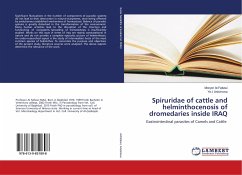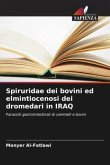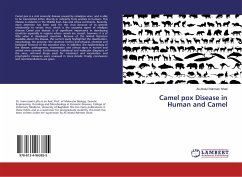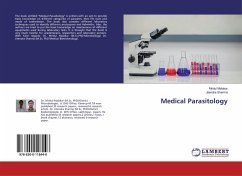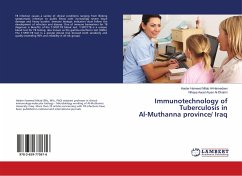Significant fluctuations in the number of components of parasitic systems do not lead to their destruction in natural ecosystems, since being affected by evolutionary established mechanisms of homeostasis. Balance of parasitic systems is greatly disturbed in the transformation of the environment. Many human activities lead to the disruption of the structure and functioning of ecosystems. Spreading of trematodoses is insufficiently studied. Works on this issue in terms of Iraq are mainly constatational in nature and do not provide a complete epizootic picture of helminthoses. An under-researched aspect is the study of intermediate hosts of the most common species of helminthes. To concretize the purpose and objectives of the present study, literature sources were analyzed. The above aspects determine the relevance of the work.
Bitte wählen Sie Ihr Anliegen aus.
Rechnungen
Retourenschein anfordern
Bestellstatus
Storno

